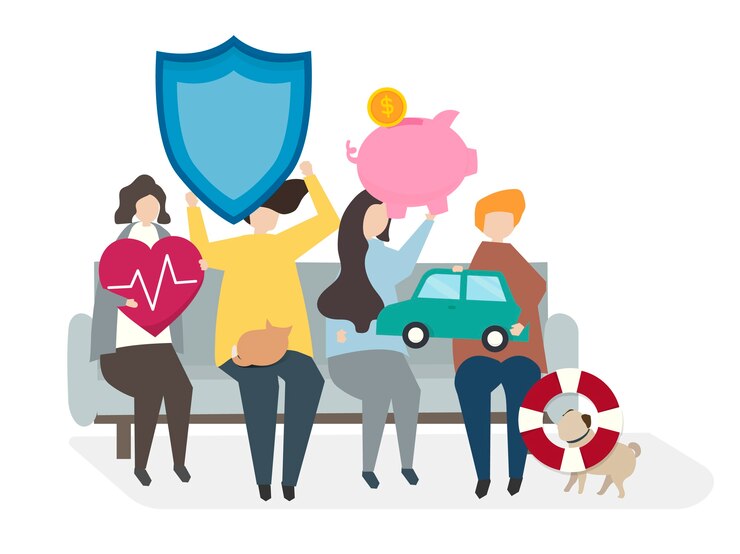In Florida, every driver must have car insurance, which covers different types of losses in case of an accident. There are two mandatory parts of this insurance: Personal Injury Protection (PIP) and Property Damage (PD) coverage. In this article, we’ll explain PIP coverage and how it works if you or a passenger is injured in an accident.
How Does PIP Coverage Work?
PIP insurance covers certain passengers in your car if you get into an accident. It can pay up to $10,000 for medical expenses per passenger, up to $5,000 in death benefits to family members if someone dies, and 60% of lost income if someone can’t work because of their injuries. PIP can also cover costs like house cleaning or childcare if the injured person can’t do them because of the accident.
But here’s the catch: for PIP to cover a passenger, they must not have their own PIP insurance. If the passenger owns a car with PIP coverage, their own insurance will cover them in the accident.
What Happens if a Passenger Has Their Own Insurance?
If a passenger owns a car and has their own PIP insurance, their coverage will follow them no matter whose car they’re in. A common mistake is thinking the driver’s insurance will cover passengers automatically, but in Florida, a passenger’s own PIP coverage will handle their medical expenses.

What if a Passenger Doesn’t Have Insurance?
If the passenger doesn’t own a car and doesn’t have PIP coverage, the driver’s PIP insurance can cover the passenger’s medical bills. This is known as the “host vehicle” coverage. However, the driver’s insurance company will likely investigate before extending PIP coverage to passengers. This process can be lengthy, so having a lawyer to help you is important.
What if the Passenger Lives With Someone Who Has Insurance?
Florida’s PIP also covers family members living in the same household. So, if an uninsured passenger lives with someone who has insurance (like a spouse or parent), they may be covered under that person’s policy. However, if the passenger is living with a roommate or partner who isn’t a relative, they won’t be covered under that policy.
For example, if you’re an uninsured student living with your parents and get hurt in a friend’s car, your parents’ insurance might cover your injuries, as long as you all live at the same address.
What if the Passenger Dies in the Accident?
If a passenger is killed in a crash, your PIP insurance can help cover funeral and burial expenses. PIP offers death benefits of up to $5,000, which would be paid to the passenger’s next of kin.
What if the Passenger Can’t Work After the Accident?
PIP covers up to 80% of medical expenses for accident-related injuries, up to a maximum of $10,000. If the passenger has long-term injuries and can’t return to work, PIP may also cover up to 60% of their lost wages, up to $10,000. It can even help pay for daily activities, like yard work or house chores, that the injured person can’t handle.
Talk to a Lawyer Today
If you or a loved one has been hurt or killed in an accident, it’s important to talk to a lawyer as soon as possible. At Kurzman Law Group, we offer free consultations to help you understand your rights as an injured passenger in Florida.
We work on a contingency fee basis, which means you don’t pay anything out of pocket. If we win your case, our fee will come from the settlement with the party at fault.



